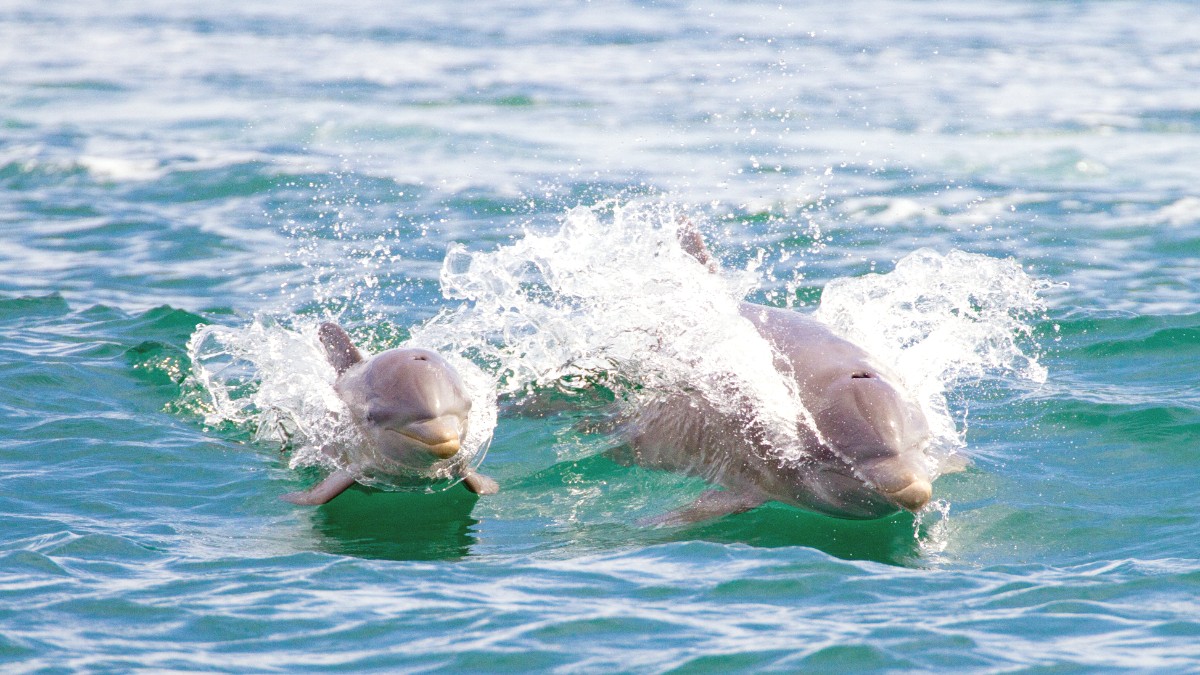
Panama
The Isla Bastimentos National Marine Park is a conservation area with coral reefs, mangroves, and the Zapatilla Cays. Local and international groups work to shield these fragile ecosystems.
Waste management for island communities is challenging. Recycling facilities are limited, with much waste ending up in landfills or the ocean.
Freshwater is a valued resource, notably during dry spells. Many accommodations depend on rainwater collection.
Your cultural sensitivity maintains positive relationships between visitors and locals.
Support tour operators and projects that truly benefit local communities. These initiatives uphold cultural heritage.
A smile and a polite "Puedo tomar una foto?" (May I take a photo?) generally receive appreciation. Respect a refusal.
Be discreet and respectful when taking photos. Do not intrude on people's comfort.
When visiting local churches, dress modestly, with shoulders and knees covered. Maintain quiet and respectful behavior.
Look for operators with certifications or clear statements on sustainable practices. Explore G Adventures for ethical tours.
Consider outdoor gear from companies committed to sustainability. Check Patagonia's offerings.
Your choices of respectful actions and mindful spending have a positive local impact.
Your tourism spending yields positive economic effects for local communities.
Look for tours and experiences directly run by local communities. Ngäbe-Buglé chocolate tours or guided mangrove tours from local members are examples.
For souvenirs or crafts, buy directly from local artisans. This ensures they receive a fair price for their work.
Choose local restaurants, guesthouses, and tour operators over large international chains. This keeps tourism revenue within the local economy.
Be careful with tours promising wild animal interactions (e.g., swimming with dolphins, holding sloths). These may not prioritize animal welfare.
Your travel choices contribute to a healthier environment.
Look for accommodations that promote sustainable methods. Find eco-friendly stays on Ecobnb.
Consider offsetting flight emissions through reputable programs. Explore Terrapass options.
Minimize single-use plastics. Bring a Reusable water bottle and Reusable shopping bags.
Use Reef-safe sunscreen (SPF 30+). Chemicals in traditional sunscreens (oxybenzone, octinoxate) damage coral reefs.
Conscious choices during your visit contribute to a healthier environment and stronger local communities.